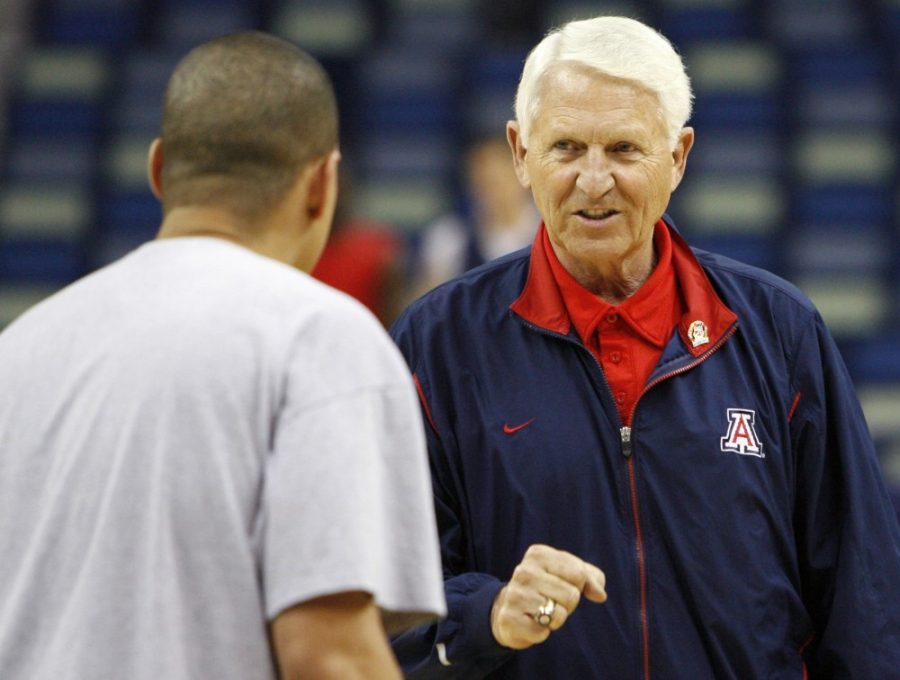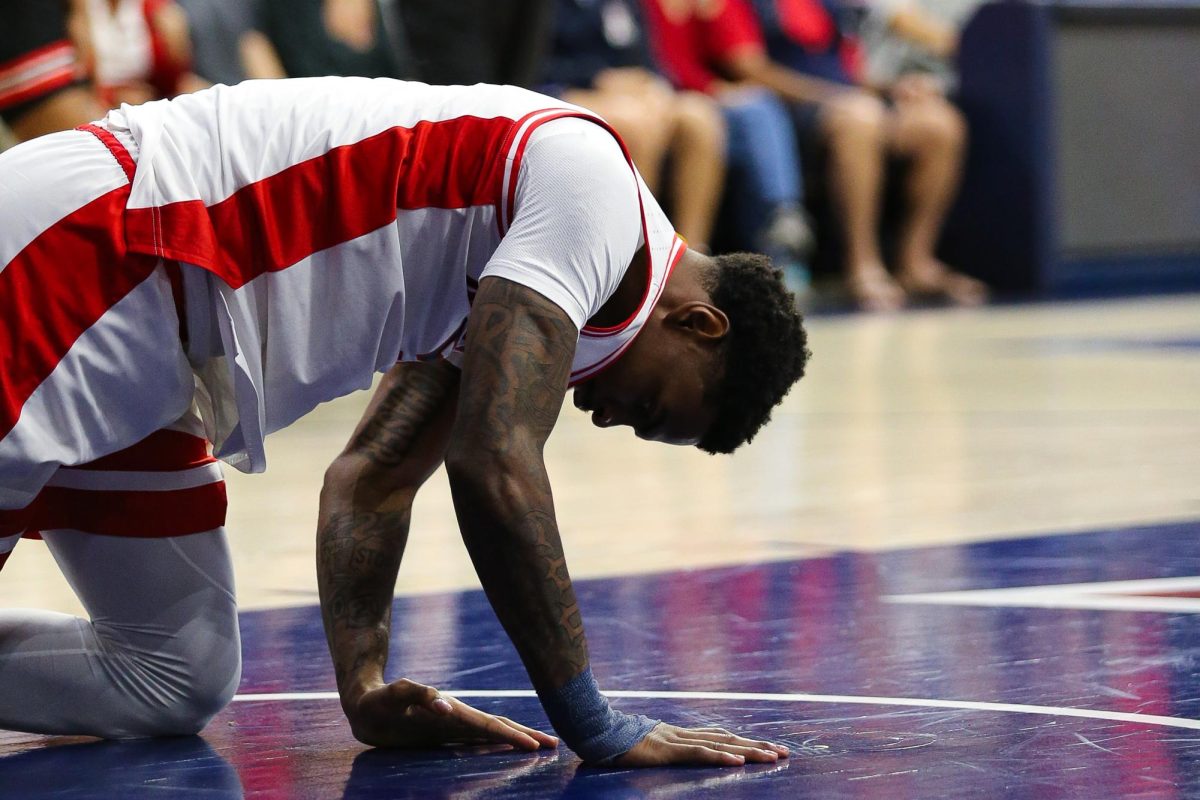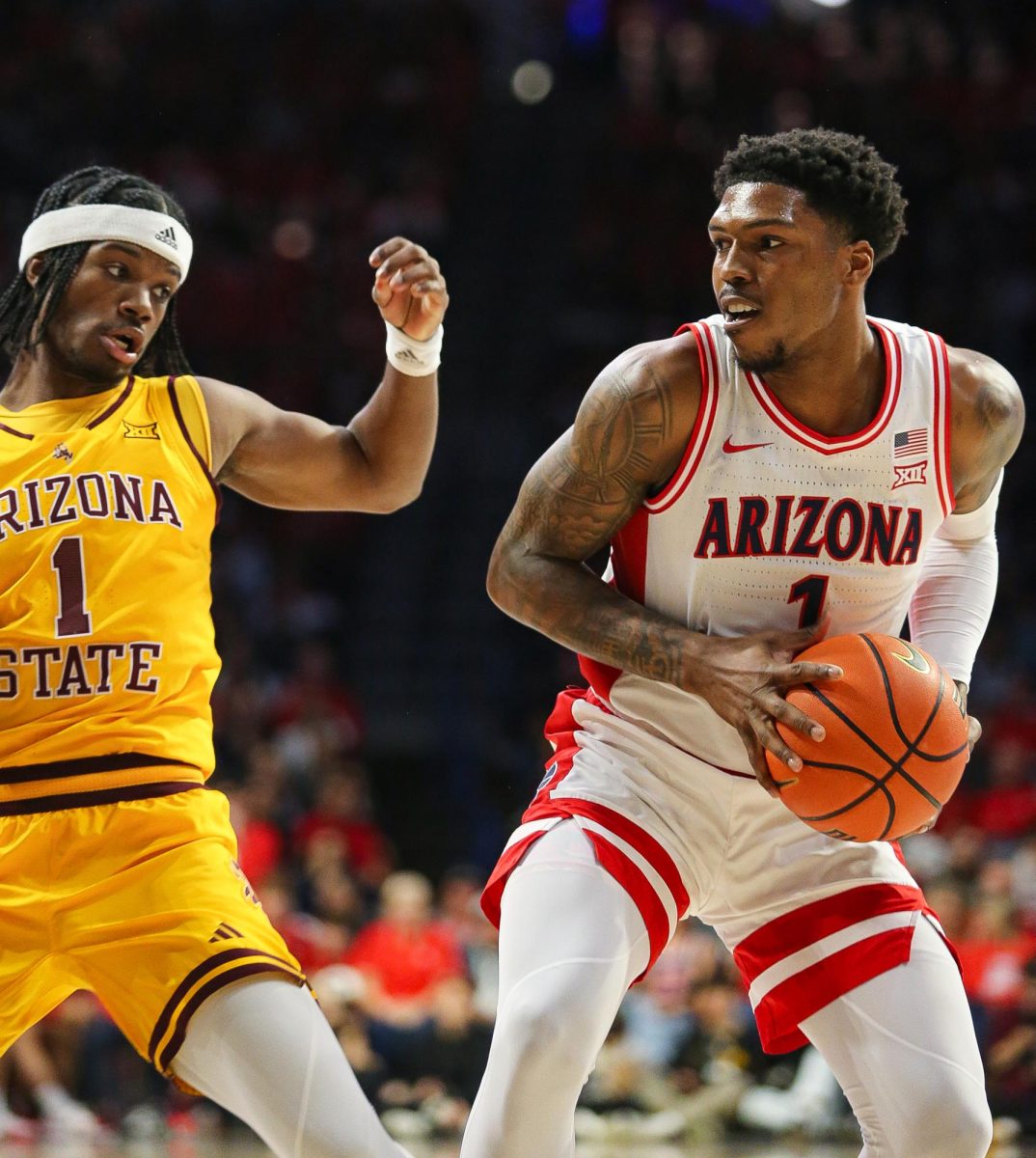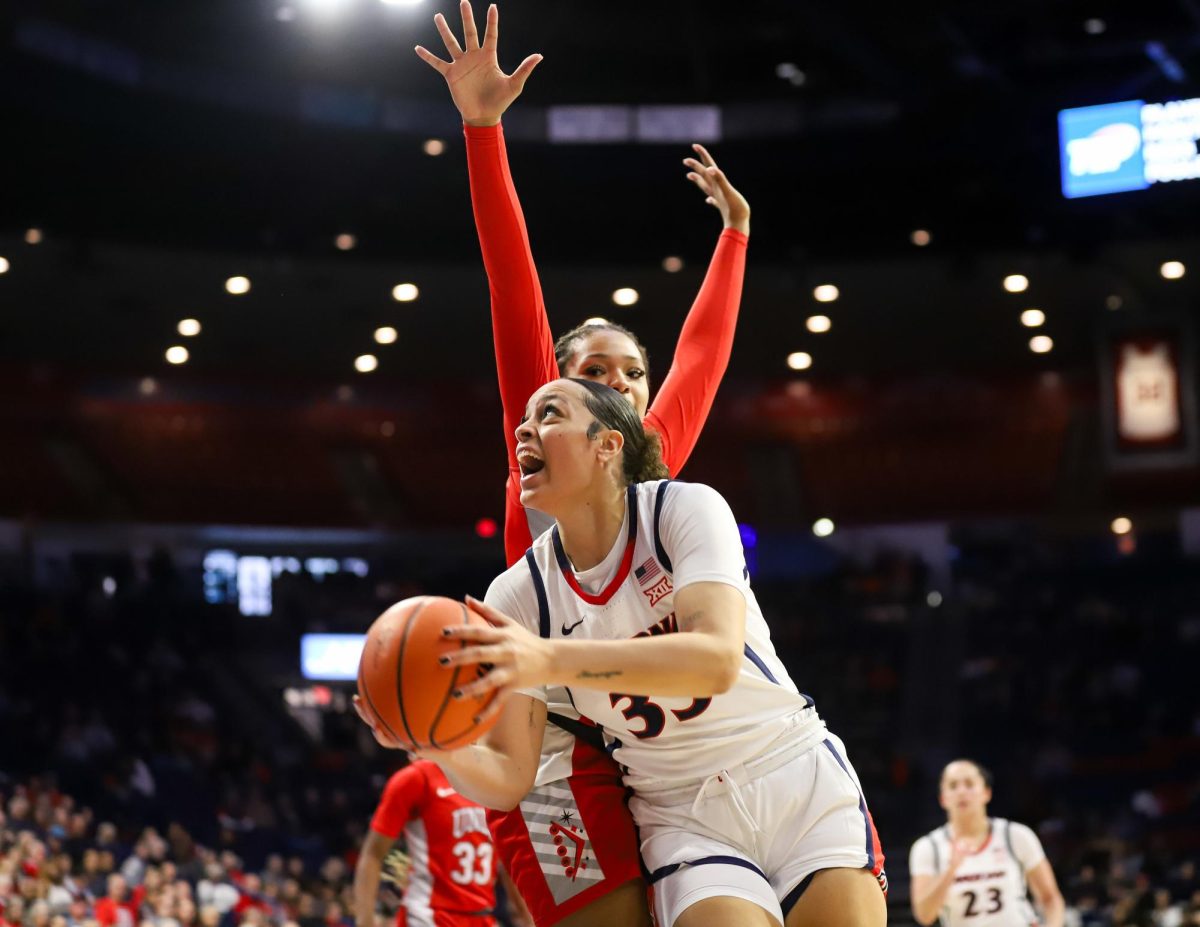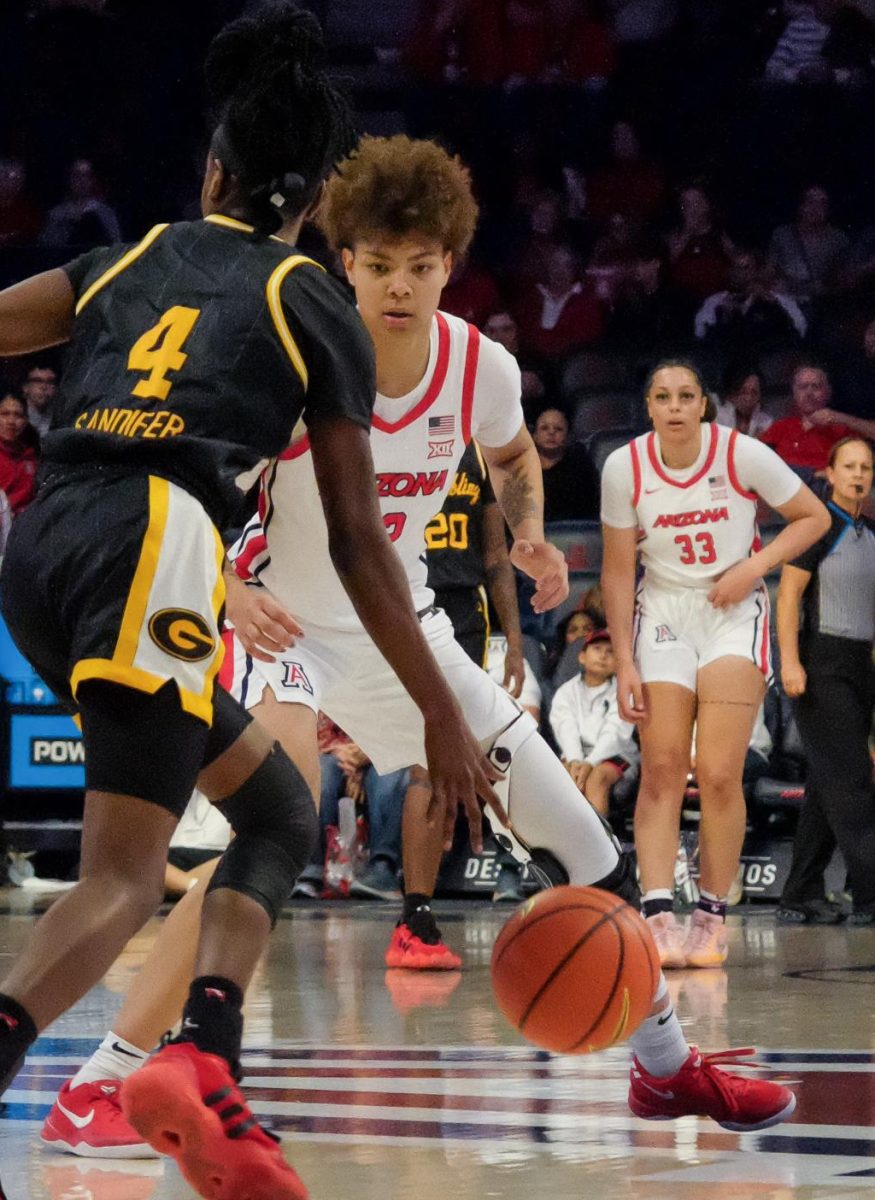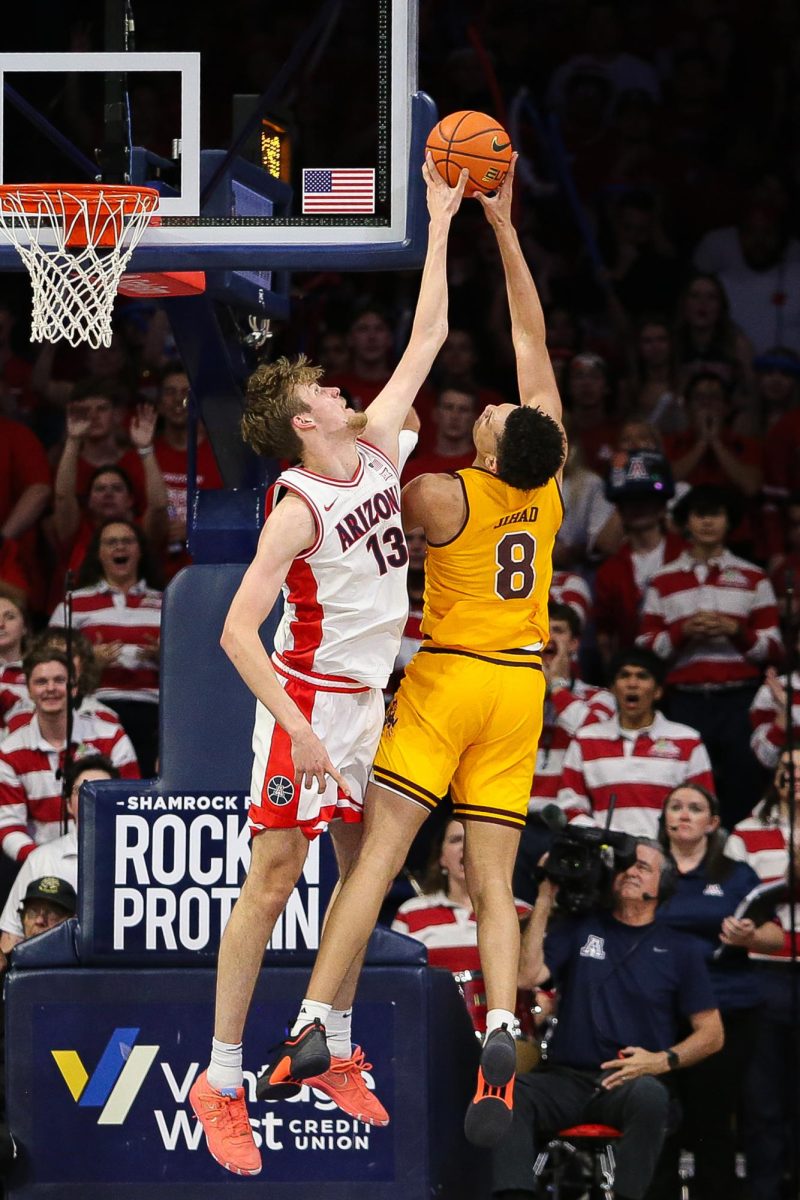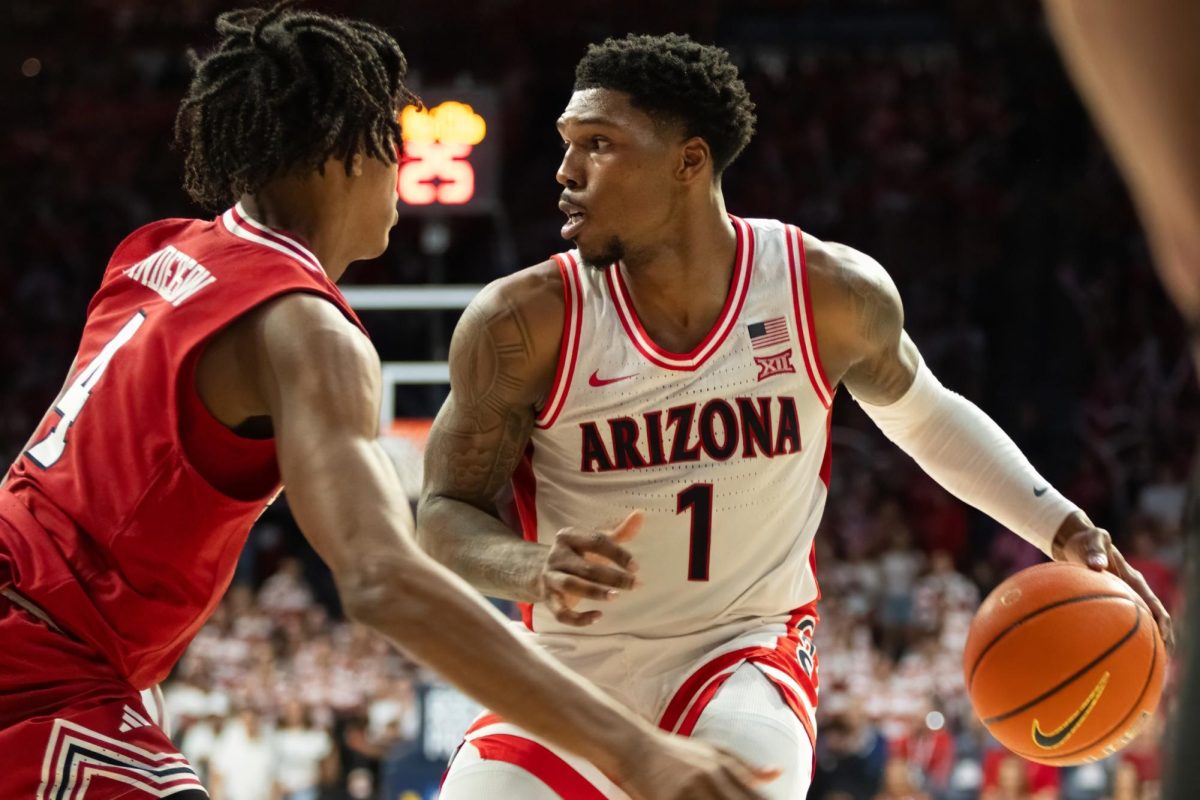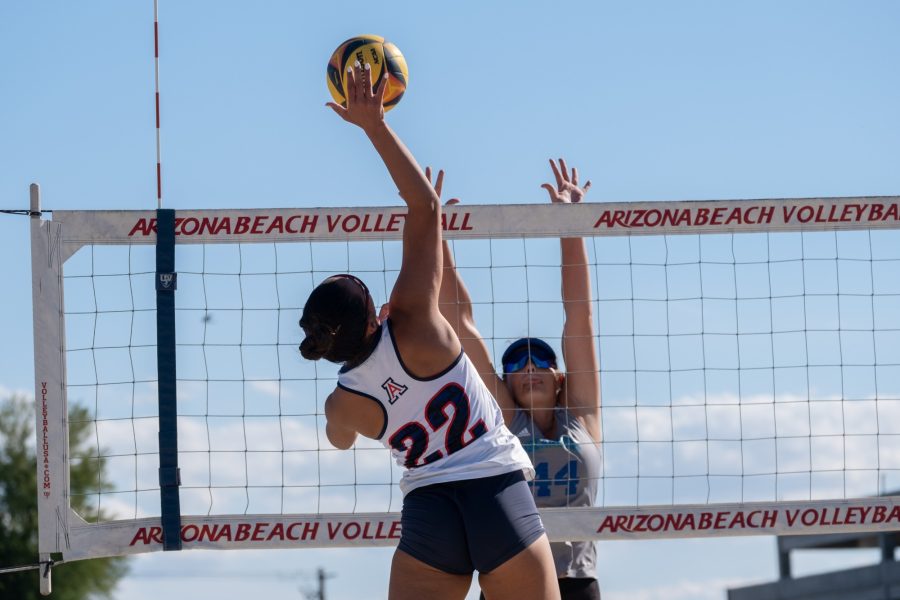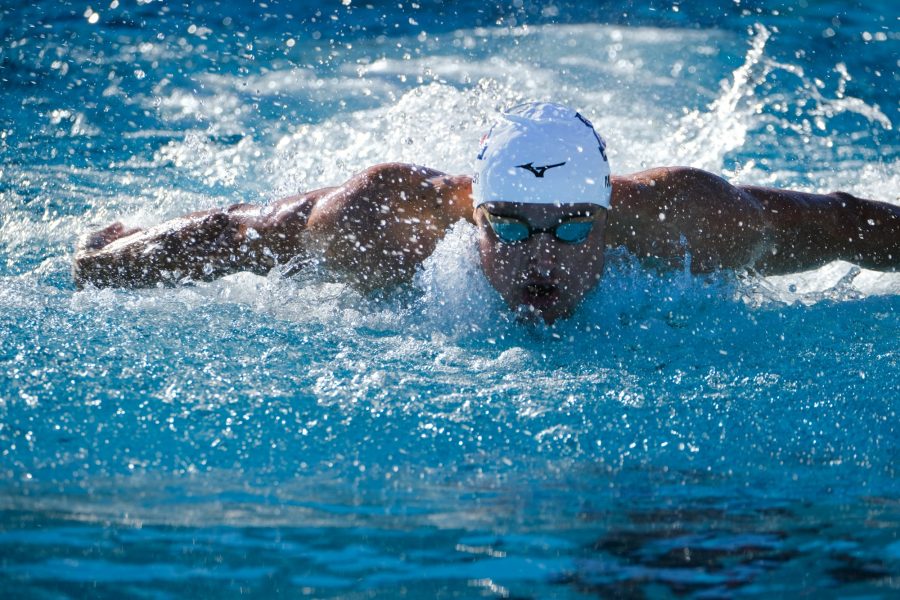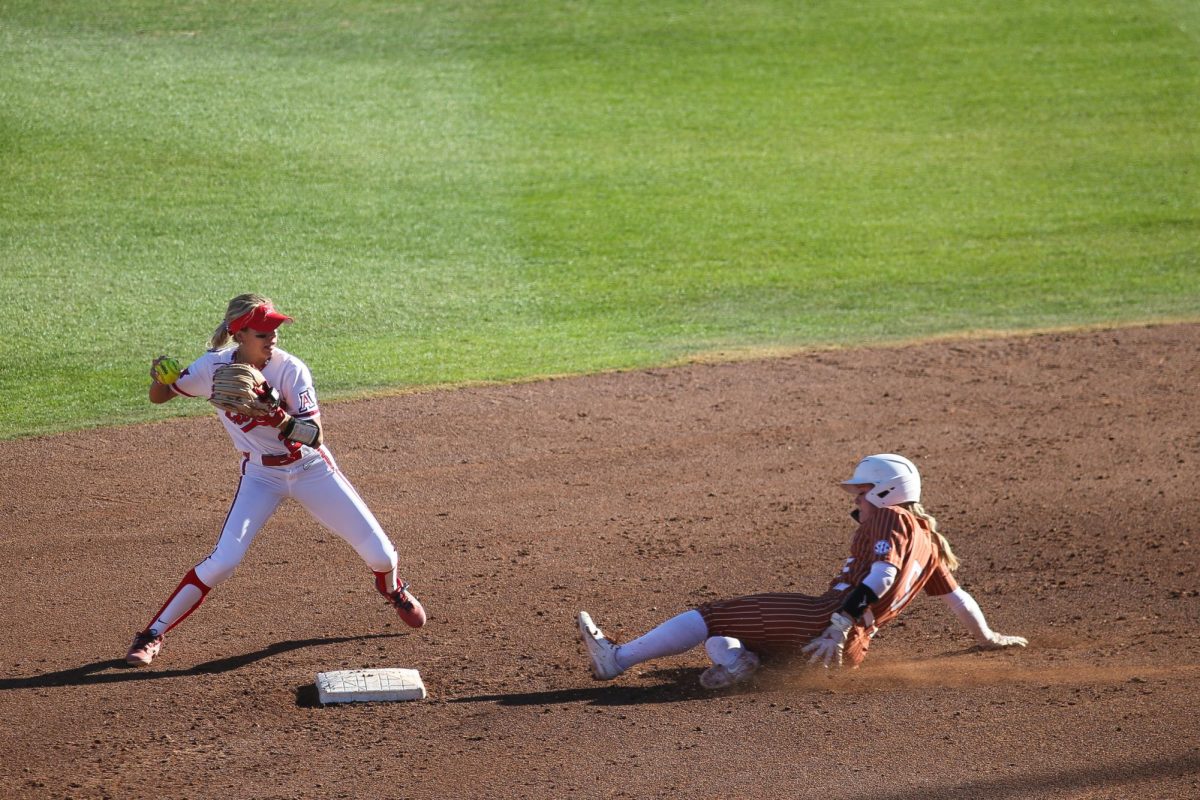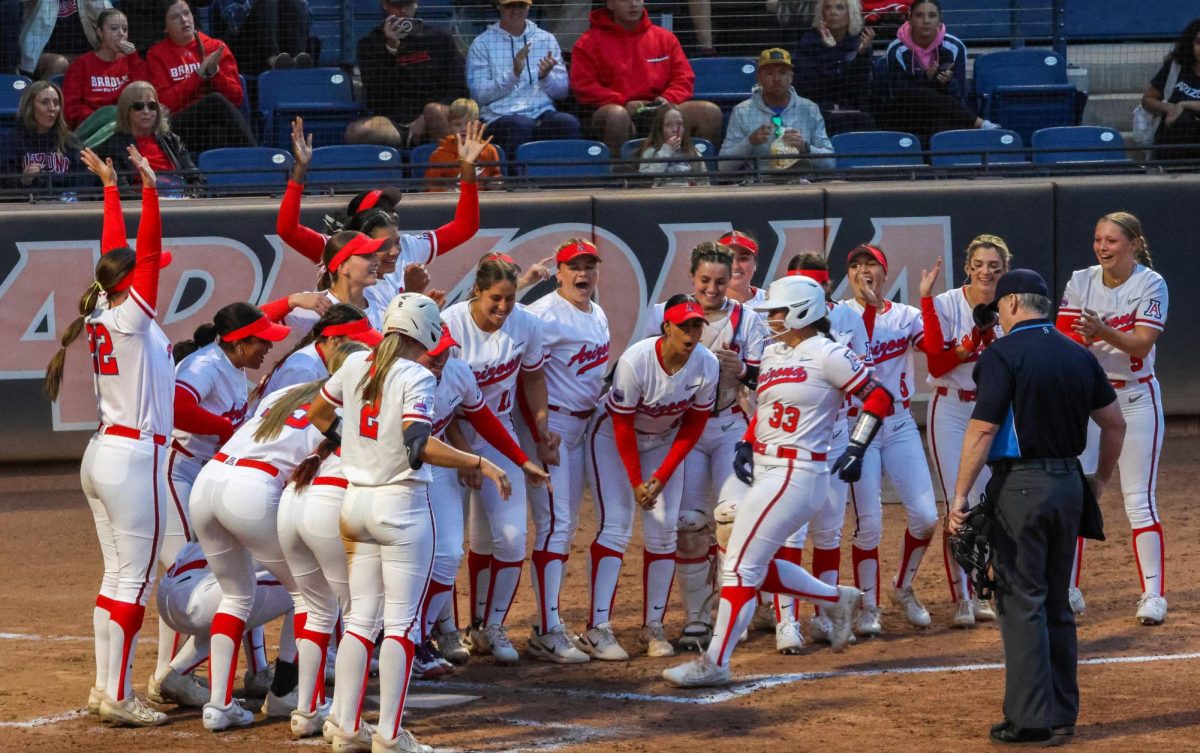It is not far-fetched to say that the recent bribery scandal involving University of Arizona assistant basketball coach Emanuel ”Book” Richardson may be the biggest college sports story of our lifetime. The situation at hand is unprecedented in terms of magnitude and complexity; no previous athletic scandal has had involvement from a nationwide combination of universities and a multi-billion-dollar corporation (in Adidas), let alone at the same time under the federal government’s watch. The unprecedented nature of this situation makes measuring further implications or sanctions extremely complicated.
However, by looking at past allegations by the NCAA, and other factors with the case at hand, there can be context to gain for what things might mean for the future of Wildcats basketball.
As of now, the investigation is controlled by the FBI and the Department of Justice, and criminal charges against Richardson, along with four other Division I coaches, for bribery and corruption have been filed. An NCAA investigation is inevitably going to follow, and athletes, coaches and personnel in the UA athletic department, including head coach Sean Miller, will be questioned by both the feds and NCAA officials. If there is one thing that is crucial for the well-being of Arizona athletics in the case of an NCAA investigation, it’s compliance on all fronts.
The NCAA has a history of providing severe punishments for deception, even with minute offenses: In 1989, Maryland basketball was hammered with a three-year probation, was banned from postseason play and stripped of television broadcasting rights for lying about loans given to players.
Sean Miller’s role as head coach is central when it comes to revealing what was known about Richardson’s illegal activity. An NCAA bylaw states: “A head coach is presumed to be responsible for the actions of all staff members who report, directly or indirectly, to the head coach. The head coach will be held accountable for violations in the program unless he or she can rebut the presumption of responsibility.”
In the eyes of the NCAA, if you are knowledgeable, you are responsible. Head coach Steve Fisher at the University of Michigan was canned for knowledge of financial booster support to players in 1996. St. John’s head coach, Mike Jarvis, was fired for knowing about $300 monthly payments by boosters to a player in 2004. Most recently, Rick Pitino, who has involvement in the situation at hand, was recently placed on administrative leave without pay alongside AD Tom Jurich for knowing about illegal recruiting activity in the Louisville program.
So if Miller knew, his position will be in jeopardy.
An internal investigation launched by the athletic department can hopefully help in vetting personnel who had involvement with Richardson, but official statements by athletics have neither supported nor even mentioned Miller, which leaves his role in question.
This isn’t unprecedented territory for men’s basketball. The most recent set of infractions came in 2010, when the school placed itself on probation due to former head coach Lute Olson’s involvement in promoting a Cactus Classic and GOAZCATS.com showdown. The result was the vacating of 19 wins from the 2007–08 season, a two-year probation and the loss of a scholarship. The NCAA added an additional loss of scholarship for the 2012–13 season, in addition to a reduction of recruiting visits allowed.

What does this mean in the short term?
There will also be seismic effects on the 2018 recruiting class; five-star recruit Jahvon Quinerly is correlated with the bribery of “player 9,” who was described as committing to an unnamed university on Aug. 9.
Quinerly committed to Arizona on Aug. 8, and if is confirmed as player 9, will in all likelihood not play for Arizona. Similarities with Quinerly can be seen with Louisville’s Brian Bowen, who was recently identified as “player 10” in the investigation, and has now been suspended from team activities indefinitely.
Scholarship revocations, an Achilles heel for recruiting, are also not uncommon in NCAA sanctions: The 1999 Clem Haskins academic scandal at Minnesota, where the head coach allowed the forging of grades, led to five scholarship revocations and the near decimation of the Gophers program.
The 30-scholarship reduction for the University of Southern California football team, after a scandal involving the acceptance of gifts by Reggie Bush, also inhibited the Trojans’ on-field performance for at least four years.
Scandals inevitably dissuade recruits from coming to certain universities; nearly everyone of Louisville’s top prospects withdrew their commitments after the scandal. However, a silver lining can be seen in the possible willingness of some recruits to stay with the Wildcats, like 2018 incoming Los Angeles power forward Shareef O’Neal, who recently tweeted from his account: “loyalty, loyalty, loyalty.”
However, whatever the future may bring, with or without punishment, Richardson’s involvement in this scandal will cast a dark cloud over Arizona basketball for a long time.
Follow Ian Tisdale on Twitter



